News |
|
We are pleased to welcome our newest member:
Vindsubsidies is a Dutch based consultancy company that provides services regarding national and European funding applications. Founded in 1997 we have over 25 years of experience. With approximately 100 employees we provide services to commercial companies (high-tech SME and corporates), public organizations, public-private partnerships and knowledge institutes (e.g. universities). To add value to projects and applications, we combine thorough knowledge of European funding schemes with in-depth knowledge of different domains (e.g. Life Sciences, Chemistry, Food, IT, Energy and Public Policy & Governance), provided by consultants with a specific backgrounds (MSc/PhD). To maintain high-quality service regarding EU funding Vindsubsidies has a dedicated consultancy team specialized in European funding. The main services they offer are:
View our full list of members here.
1 Comment
Today, the European Association of Innovation Consultants releases the third update of its flagship report: “NextGenerationEU Guide, for the industry to better understand and seize its opportunities”. In this report, you will find:
The following EAIC Members have contributed to the preparation of this edition: FI Group (coordination and contribution), Euro-Funding, EVM, Exeq, Fonduri Structurale.ro, Invent Baltics, Schuman Associates, Sistem VVE, Soros Gabinete, Spinverse.
In 2023, the EU Commission will be allocating close to 1 B€ to the most promising European defence development and research projects. The call texts are due to be published in the spring of 2023, but now is the time for companies and research entities to start making plans for EDF 2023.
In only two consecutive years, the European Defence Fund (EDF) has established its footing as a crucial instrument for fostering cross-border European defence innovation and collaboration. Historically speaking joint EU-funded defence cooperation and strengthening of the European defence industry has only received prioritization in the last five years. The EDF’s precursor programmes, the Preparatory Action on Defence Research (PADR) and the European Defence Industrial Development Programme (EDIDP) programmes ran in partly overlapping stages between 2017 and 2020, building the foundation into what is now the EDF, an 8 B€ defence fund dedicated solely to strengthen the EU’s defence industrial base for the years 2021 to 2027. In 2021 the EDF awarded 61 projects out of 142 submitted project proposals to support European defence innovation and collaboration. For EDF 2022 the number of submitted proposals was significant albeit slightly less – 134 proposals. These project proposals are now under review and the results will then be released most likely before the end of summer 2023. While the call texts for EDF 2023 will most likely officially be released during early spring/ summer 2023 it does not hinder companies and research entities from proactively begin deliberating on possible project or consortium ideas in advance. Now is the right time to start thinking ahead. We know from previous calls that strategic themes for the past years have included materials and components, sensors, disruptive technologies in the digital and information domains, ground, naval and air combat capabilities, force protection and mobility. In addition, there are non-thematic calls dedicated to SMEs and Research Organisations (RO). The selection is wide, but so are the opportunities. The current security environment in Europe highlights the need to develop and strengthen innovative capabilities and research in Europe. In research projects the EU usually covers the funding completely, but in capability development projects co-financing is required and having the support of your Ministry of Defence is therefore imperative. Article courtesy of EAIC Member Spinverse. EAIC Mutual Learning Webinar: Freelancers, Lump sums & Carbon Neutrality in Horizon Europe Projects9/12/2022 On Friday 16 December, EAIC organises a webinar in the context of its work on Project Management. EAIC Members will share knowledge on HEU related matters such as freelancers in projects, lump sums projects, carbon neutral projects etc.
When? Friday 16 December 2022 (15.00 - 16.00 CET) By whom? This event is organised by EAIC Member Polite and Neovia. For whom? This workshop is reserved to EAIC members. Interested? Write to [email protected] The European Commission published the drafts of the majority of the work programmes under Horizon Europe for the 2023 – 2024. These drafts have not been adopted or endorsed by the European Commission, but they were published to provide potential participants with the currently expected main lines of this work programme.
According to the European Commission, actions included in these work programmes will help accelerate the clean energy transition in line with the REPowerEU Plan, improve food security, cybersecurity, help ensure open strategic autonomy and reduce dependencies on critical raw materials, and accelerate delivery of the Green Deal. For example, a package of actions across the ‘Climate, Energy and Mobility’, ‘Digital, Industry and Space’ and ‘Food, Bioeconomy, Natural Resources, Agriculture and Environment’ clusters in particular will aim to speed up the clean energy transition. In addition, this work programme includes targeted actions to support Ukraine such as reinforcing Ukrainian researchers’ access to European research infrastructures while the EU Mission for Climate-Neutral and Smart Cities will support a number of Ukrainian cities in integrating the principles of climate neutrality in their reconstruction. With the 2023 – 2024 Horizon Europe work programme, the EU will invest around €13.5 billion in research and innovation. The published drafts include the work programmes for:
Download the drafts here. Source: The European Commission Ahead of today's EU Innovation Fund Info Days 'Third call for large-scale projects', the European Association of Innovation Consultants welcomes the recent changes made to the instrument.
EAIC Members have supported several of the selected Innovation Fund projects under both Large- and Small Scale calls, across multiple countries. Through their services provided to applicants, EAIC Members benefit from first-hand experience with the features of the Fund, its technicalities, the effort required by the applicants as well as their expectations and reactions after the selection process. Find out more here. How important is professional project management to your project?
You have until 30 November to make your voice heard here on the matter! EAIC has launched a survey to collect insights with regards to management of EU-funded projects, collaboration with professional project management organisations, and project implementation processes. The survey can be completed in 15 minutes, comprising multiple-choice questions and free text spaces to add comments and insights regarding any ongoing, recent or past R&I Framework Programme collaborative projects you have participated in (Horizon 2020 and/or Horizon Europe). With your feedback, you will help European innovation professionals be better prepared to support you in future EU projects and advocate for improved framework conditions for EC-funded research and innovation projects. The survey is freely accessible here. On Thursday 17 November, EAIC organises the second event in its Webinar Series on Horizon Europe Collaborative Calls. EAIC Members will fist discuss common challenges and best practices related to the preparation of a robust Dissemination Strategy at proposal stage. Then, GrantXpert’s Social Media/Marketing Manager will share with participants her insights and experience through implementing the dissemination activities of EU funded projects.
When? Thursday 17 November (9.00 - 10.00 CET) By whom? This event is organised by EAIC Member GrantXpert Consulting For whom? This workshop is reserved to EAIC members. Interested? Write to [email protected] The webinar will help us explore how to describe Open Science practices (part 1 - Excellence) and avoid redundancy with Dissemination, Exploitation and Communication measures (part 2 – Impact) when using the Horizon Europe template for collaborative calls.
When? Thursday 27 October (9.30 - 12.00 CET) By whom? This event is organised by EAIC Member Neovia Innovation For whom? This workshop is reserved to EAIC members. Interested? Write to [email protected] 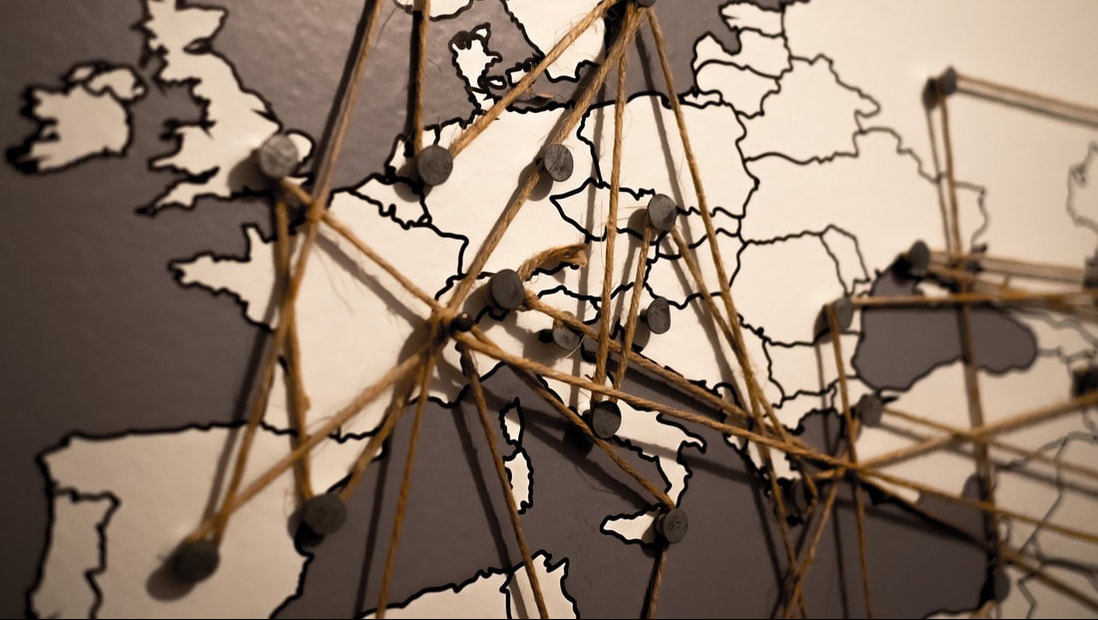 The Interreg programme is the main European instrument to promote territorial cooperation between regions and countries. The total budget of the new Interreg 2021-2027 amount to 10 billion euros for 7 years. Interreg is made up of almost 100 programmes across Europe’s internal and external borders. They are organised along 4 levels or “strands” of Interreg programmes: 1. Cross-border With a budget of 6.5 billion EUR over 7 years, there are 73 different programmes to ensure cross-border barriers and challenges within and at External borders of the EU are addressed, i.e.
2. Trans-national This strand allows for cooperation over larger transnational territories or around sea basins. The total budget is 1.5 billion Euros between 2021 and 2027, you can see in the picture below the 14 various Trans-national Interreg co-operation programmes: 3. Interregional
It aims at boosting the effectiveness of cohesion policy by promoting exchange of experiences, innovative approaches, and capacity building between regions, 550 million Euro budget has been allocated to interregional cooperation. There are four interregional cooperation programmes within this strand:
4. Outermost regions’ cooperation This 4th strand which has a 208 million euro budget covers the following Outermost regions:
The programmes although they are managed independently are aiming to contribute to 7 policy objectives of EU’s cohesion policy:
Who can apply ? Consortia with various profiles can apply. The lead entities are often public authorities at local , regional or higher level, non for profit entities are usually welcome, however depending from an Interreg programme to another , a call to another, private for profit entities may also be involved, e.g for the testing of some pilots. Where to get more information? Understand better and identify all Interreg programmes : https://interreg.eu/ Consultants can help you identify an Interreg call that suit your need and help you apply to a future call, find out about the best EU consultancies specialised in EU programmes: http://www.eaic.eu/all-members.html Courtesy of EAIC member Euro-Funding Horizon Europe (HE) Cluster 3 Work Programme[1] (WP) addresses the issues brought on by ongoing security threats, “including cybercrime, as well as natural and man-made disasters”. It also aims to draw lessons from the COVID-19 crisis in terms of “prevention, mitigation, preparedness and capacity building”. A key aspect of the desired solutions is the cross-sectoral approach. Destination 1: Better protect the EU and its citizens against Crime and Terrorism
We're pleased to welcome our newest member:
Smart Revolution is a consultancy firm based in Italy supporting companies in funding their R&D and business development projects. Experienced and multi-disciplinary shareholders and staff carefully analyze customers’ needs and match them with possible funding and incentive measures at EU, national and regional level. Clients are followed step-by-step from the finalization of the concept till project management and reporting. Smart Revolution is a trusted partner for applying for Horizon Europe (especially EIC Accelerator), Erasmus +, LIFE, EU territorial cooperation calls for proposal. We offer a human-centered approach as a boutique consulting firm in which we value our clients’ needs and enhance their potential by working in close collaboration. The main services they offer:
View our full list of members here.  Maud Evrard has been appointed as the new Secretary General of the European Association of Innovation Consultants (EAIC). She replaces Marie Latour, who has led EAIC Secretariat since the association foundation. “I am thrilled to bring my passion, experience, and knowledge of membership based organisations to EAIC,” Maud Evrard said. “I look forward to working with EIAC Executive Board, Members and external stakeholders to promote the role of Innovation Consultants in the European R&I ecosystem. Maud has extensive experience with international association management in the realm of European Research and Innovation. She was previously Head of Policy Affairs of Science Europe, the association representing major public research funding and performing organisations in Europe. There, she was in charge of both fostering mutual learning amongst member organisations and representing their collective interest towards the EU Institutions. “Working with EAIC Executive Board member, Maud will co-develop and implement EAIC strategic plan with a focus on growing the association and delivering greater impact for our members” said EAIC President Pekka Koponen. “We are delighted to have her on board!” Marie Latour was among the team of consultants who laid the ground for the foundation of EAIC, starting in 2019. First Member of Board in charge of communications, Marie was then selected as the first Secretary General of EAIC. Her legacy notably includes the Association’s fast-growing reputation. We're pleased to welcome our newest member:
ERINN is a young dynamic Irish SME established in 2017. The team believes that increasing and releasing Europe’s potential for research-based innovation is one of the key requirements for solving the challenges facing society today, while developing sustainable growth and global competitiveness. Our experts are committed to playing a role in finding solutions and creating value from research. We help our clients, including both individuals and teams from SMEs to larger corporations, research institutes and universities, navigate a complex EU funding landscape, securing funding for and ensuring impact from innovative projects. The main services they offer:
View our full list of members here. We're pleased to welcome our newest member:
Upperion facilitate the innovation. Innovation is often a complex process that upsets organizations. However, innovation is the key to competitiveness and successful adaptation to future challenges. Its experience in supporting innovation covers both start-ups and existing companies wishing to reinvent themselves. The main services they offer:
View our full list of members here.  Horizon Europe (HE) Cluster 4 supports the EU’s strategic objectives through activities in the areas of Digital, Industry and Space, adhering to the AI, Data and Robotics Partnership. Activities of this Work Programme will contribute to “Destination 4: Digital and Emerging Technologies for Competitiveness and Fit for the Green Deal” with the Key Strategic Orientations (KSOs) A and C, and to the “Destination 6: A Human-centred and Ethical Development of Digital and Industrial Technologies” with the KSO D, these are:
KSO A has the most direct contribution with impact areas (1) competitive and secure data economy and (2) high-quality digital services for all. As expected impacts (1) unlocking the full potential of new tools, technologies and digital solutions for a healthy society and (2) maintaining an innovative, sustainable and globally competitive health-related industry. Next, an overview of the themes and current calls of Cluster 4: A) Innovation in AI, Data and Robotics, including “tomorrow’s deployable robots”: The objective of this theme is to “ensure autonomy for Europe in AI, data and robotics in developing world-class technologies serving the needs of all types of European industries” it considers numerous sectors such as “manufacturing to healthcare, public sector, utilities, retail, finance, insurance, transport, agriculture, energy, telecommunications, environmental monitoring, construction, media, creative and cultural industries, fashion, tourism, etc.”. It is expected that to “provide top-performing solutions that industries will trust and adopt to maintain their competitiveness and maximize their contribution to environmental and resources sustainability”. Moreover, it aims to “ensure autonomy for Europe in robotics, leading the way in research, development and deployment of world-class technologies”. Three topics are related to such themes: HORIZON-CL4-2022-DIGITAL-EMERGING-02-05 / -06 / -07. A few notes about the calls:
B) Graphene: This theme aims “to strengthen and accelerate the technology developments that support a strong European supply and value chain in graphene and related materials and provide first-mover market advantages of scale”. Furthermore, “activities beyond R&I investments will be needed to realize the expected impacts: testing, experimentation, demonstration, and support for take-up using the capacities, infrastructures, and European Digital Innovation Hubs made available under the Digital Europe Programme”. There are five topics related to such themes: HORIZON-CL4-2022-DIGITAL-EMERGING-02-17 / -18 / -19 / -20 / -22. A few notes about the calls:
 C) Leadership in AI based on trust: The objective of this theme is to “ensure autonomy for Europe in AI, leading the way in research, development and deployment of world-class technologies that are beneficial to humans individually, organizationally and societally, and that adhere to European values, such as the principles reflected in our fundamental rights and environmental sustainability”. Moreover, the technologies need to be “developed that industries and citizens will trust, so and that they could be applied in a wide range of applications and industrial sectors”. As for the prioritized sectors, key applications would be (but not limited to) “healthcare or in diverse critical infrastructures such as energy and transportation”. Lastly, “proposals are encouraged to link with relevant European Institute of Innovation and Technology (EIT) and its Knowledge and Innovation Communities (KICs), in particular, the EIT Digital”. Two topics related to this theme: HORIZON-CL4-2022-HUMAN-02-01 / 02 A few notes about the calls:
Are you planning to apply to any of these calls? EAIC members are experts in accompanying consortia from small to very large sizes. They are acting in line with our code of conduct which guarantees qualitative and professional behaviour at all times. Are you interested to get support from a consultant? Indicate here the type of service you are needing and we will get back to you very shortly! Article Courtesy of EAIC Member FI Group. After over 15 months of experience with Horizon Europe for both individual and collaborative calls, EAIC, the European Association of Innovation Consultants can provide some constructive feed-back on the new Horizon Europe Programme and its application process which has slightly evolved since the previous Framework Programme H2020.
With a view to contributing to the European Commission’s current interim review of Horizon Europe programme, a synthesis of EAIC member recommendations is provided below. Oversubscription and excellence:
“Building a greener, safer and better Europe”, this is the motto of the €2 billion partnership between the Bio-based Industries Consortium (BIC) and the European Union: the Circular Bio-based Europe Joint Undertaking (CBE JU). CBE-JU funds projects advancing competitive circular bio-based industries in Europe.
CBE JU operates under the same rules of Horizon Europe - the 2021 – 2027 EU’s research and innovation programme. The partnership is building on the success of its predecessor, the Bio-based Industries Joint Undertaking (BBI JU), while addressing the current challenges facing the industry. CBE JU aims to scale up technologies leading to industrial deployment, thus attracting investment and creating jobs. Furthermore, different stakeholders including the primary sector, regional authorities, and investors to prevent market failures and unsustainable bio-based processes will be involved. What is CBE JU's mission? The European bio-based sector, including SMEs, regions and primary producers should become climate neutral, more circular and more sustainable while remaining competitive on the global market. A strong, resource efficient and competitive bio-based innovation ecosystem can decrease Europe’s dependency on and accelerate the substitution of non-renewable fossil raw materials and mineral resources. CBE-JU mission is to implement the Strategic Research and Innovation Agenda (SRIA), through yearly open calls for proposals to fund projects in research, demonstration, and industrial deployment. These are the main goals of the partnership:
How CBE JU will achieve its objectives?The CBE JU calls fund different types of actions: Research and Innovation Actions (RIAs): 'testing', 'demonstrating' and 'piloting' activities to establish new knowledge or to explore the feasibility of new/ improved technology, product, process, service, or solution. Basic and applied research, technology development and integration, testing, demonstration, and validation on a small-scale prototype, in a laboratory or simulated environment are included. It is expected that RIA delivers TRL3-5 at the end of the project. Innovation Actions (IAs): 'testing', 'demonstrating' and 'piloting' activities also aiming at scaling up activities from prototype, in a (near to) operational environment, industrial or otherwise, to large-scale product validation and market replication. At the end of the project TRL6-8 have to be delivered. Flagships: important and specific type of Innovation Action with the objective to support the first application/deployment in the EU market of an innovation already demonstrated but not yet applied/deployed in the EU market (first-of-its-kind innovation). Flagship projects need to deliver TRL 8 at the end of the projects. In each topic the end TRL is specified. Coordination and Support Actions (CSAs): addressing needs to i) structure stakeholder communities; ii) support dissemination and exploitation of research or innovation projects; iii) exploit synergies of scale among projects; iv) raise awareness in specific areas; v) support technological visions (e.g. road-mapping, user cases, etc.) and outreach (e.g. events, publications, etc.); vi) promote international cooperation with specific regions and/or technological areas for any of the above-mentioned activities; vii) undertake other activities similar in nature to those above (i.e., this is not an exhaustive list). Pre-commercial Procurement Action (PCPs) may also be considered if relevant to attain the objectives of the CBE JU in future CBE JU AWP. Additionally, financial support to third parties may be included in specific call topics and funded as part of the received grants from CBE JU via financial support. What are the calls for proposal of 2022?The CBE-JU Annual Work Programme 2022 will fund projects developing innovative and sustainable bio-based solutions, with a focus on the following strategic priorities: feedstock, processing, products, cross-cutting aspects of communication and environmental sustainability. CBE JU will welcome project proposals across 12 topics with a total indicative budget of €120 million: Innovation Actions
Innovation Actions - Flagships
Research and Innovation Actions
Coordination and Support Actions
Check out all the funding opportunities and get more information about the whole programme. Are you planning to apply to any of these calls? Our members are expert in accompanying consortia from small to very large size. They are acting in line with our code of conduct which guarantees qualitative and professional behavior at all times. Are you interested to get support from a consultant? Indicate here the type of service you are needing and we will get back to you very shortly! Article courtesy of EAIC member ENCO Engineering and Consulting The Marie Skłodowska-Curie Actions Postdoctoral Fellowship programme supports postdoctoral researchers to develop their research careers with a total budget of €257 million. It provides fellowships to the most promising researchers, who wish to carry out their research activities abroad, by either coming to Europe from any country in the world, moving within Europe or even moving to Third Countries not associated to Horizon Europe. The Marie Skłodowska-Curie Actions (MSCA) is the main European instrument supporting young women and men to make a career in research with the goal to retain excellent researchers within Europe and reintegrate those working elsewhere. Since their launch in 1996, they have become Europe’s reference programme for doctoral education and postdoctoral training. The MSCA PF programme that is part of the Excellent Science pillar of Horizon Europe aims to equip postdoctoral fellows with new transferable skills and international, interdisciplinary and inter-sectoral exposure via advanced training and mobility. The MSCA PF is based on the principle of physical mobility, meaning that researchers who receive funding have to move from one country to another. Researchers who wish to apply are also encouraged to move between sectors and disciplines. The main objectives of a Postdoctoral fellowship are to:
What’s new this year?
This year MSCA place a stronger emphasis on collaborations between academia and business. There’s also a renewed emphasis on effective supervision and career guidance to postdoctoral fellows according to the MSCA Guidelines on Supervision. Applicants are also encouraged to address the principles of the MSCA Green Charter, in line with the European Green Deal, and implement measures to promote sustainable research activities and minimise the environmental footprint of such activities. Another novelty in MSCA PF in Horizon Europe compared to Horizon 2020 is that areas of research covered by the Euratom Research and Training Programme, specifically nuclear research and innovation, are now included in the range of topics supported by the MSCA, including Chemistry, Social Sciences and Humanities, Economic Sciences, Information Science and Engineering, Environment and Geosciences, Life Sciences, Mathematics and Physics. When and how to apply? The 2022 call is now open for submissions through the Funding and Tenders Portal, with a deadline on 14 September 2022. Although, the project proposal should be written jointly by the postdoctoral candidate and the host organisation, only the Host Supervisor is allowed to submit the proposal. The EU average success rate for the 2021 call was 13-14%. Host organisations are encouraged to read the Marie Skłodowska-Curie Actions Guidelines for the Inclusion of Researchers at Risk comprising researchers experiencing threats to their life, liberty or research career, and those who are forced to flee or have been displaced. Following Russian’s invasion of Ukraine, the new MSCA4Ukraine scheme includes €25 million for actions supporting researchers previously active in Ukraine. Who can apply? You can apply for an MSCA Postdoctoral Fellowship if you:
There are two types of Postdoctoral Fellowships:
What does the postdoctoral fellowship cover?
Evaluation process Submitted proposals will be evaluated between October and December 2022 against three evaluation criteria, including Excellence (50% of the evaluation score), Impact (30%) and Implementation (20%). Applications with a total score equal to or higher than 85% receive a Seal of Excellence, which adds weight to the researchers’ applications when they seek to apply to other EU Funding Calls. The evaluation results will be published by February/March 2023 and projects are expected to start around May-September 2023. Are you planning to apply to any of these calls? Our members are expert in accompanying consortia from small to very large size. They are acting in line with our code of conduct which guarantees qualitative and professional behavior at all times. Are you interested to get support from a consultant? Indicate here the type of service you are needing and we will get back to you very shortly! Article courtesy of EAIC Member GrantXpert Consulting Ltd.  We're pleased to welcome our newest member:
GRANTEX ADVISORY GROUP started its activities in December 2012 in Czech republic. It focuses mainly on grant consulting, especially in the field of R&D, digital transformation, energy savings and renewable energy. In 2021 GRANTEX started to develop its activities also in Slovakia. The main services they offer:
View our full list of members here. 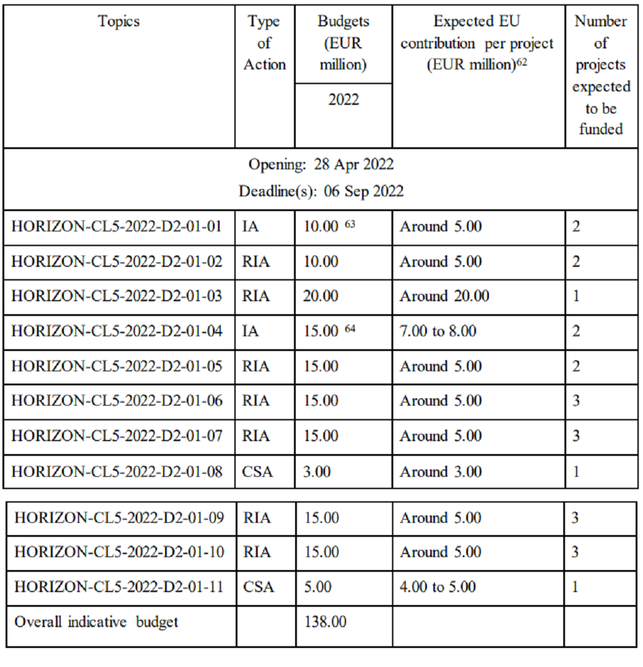 Overview of Battery Calls Typology, Budget and Deadline Overview of Battery Calls Typology, Budget and Deadline Horizon Europe (HE) Cluster 5 supports EU’s strategic objectives through activities in the are a of Climate, Energy and Mobility and by supporting a number of Institutional European Partnerships such as Clean Hydrogen, Transforming Europe's rail system, Integrated Air Traffic Management, and Clean Aviation. Activities in this work programme will contribute to all Key Strategic Orientations (KSOs) of the Strategic Plan (KSO C being the one with the most direct contribution):
Here we provide an overview of some of the open calls of Cluster 5 closing in September and October:
11 Calls have been released with 6 September 2022 deadline for 138 M Euro budget: Some notes about the calls:
The final aim is decarbonising the economy in line with the objectives of the Paris Agreement, the European Green Deal and the European Union’s 2050 net-zero target, and Climate Law. So, proposals should address how they will contribute to these. 8 Calls have been released with 27 October 2022 deadline for 99 M Euro budget: Some notes about the calls:
Are you planning to apply to any of these calls? EAIC members are expert in accompanying consortia from small to very large size. They are acting in line with our code of conduct which guarantees qualitative and professional behaviour at all times. Are you interested to get support from a consultant? Indicate here the type of service you are needing and we will get back to you very shortly! Article Courtesy of EAIC Member Intract On Tuesday 28 June EAIC members elected 2 new women Board members on the occasion of the Annual General Meeting in Brussels: Alicja Gregorzek Carrascosa from Polite Europe and Magdalena Zawadzka from Crido Business & Innovation Consulting, both companies are headquartered in Poland.
|
Categories
All
Archives
July 2024
|

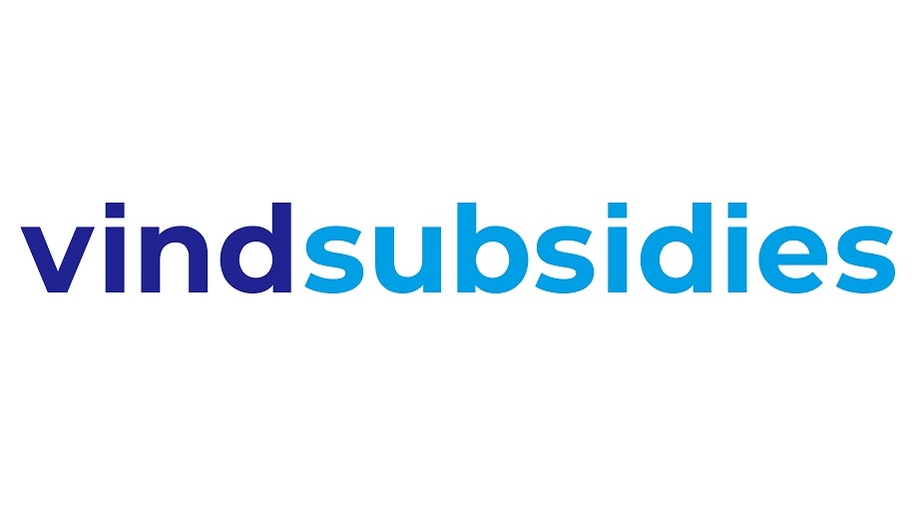

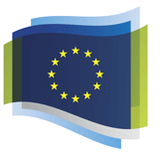
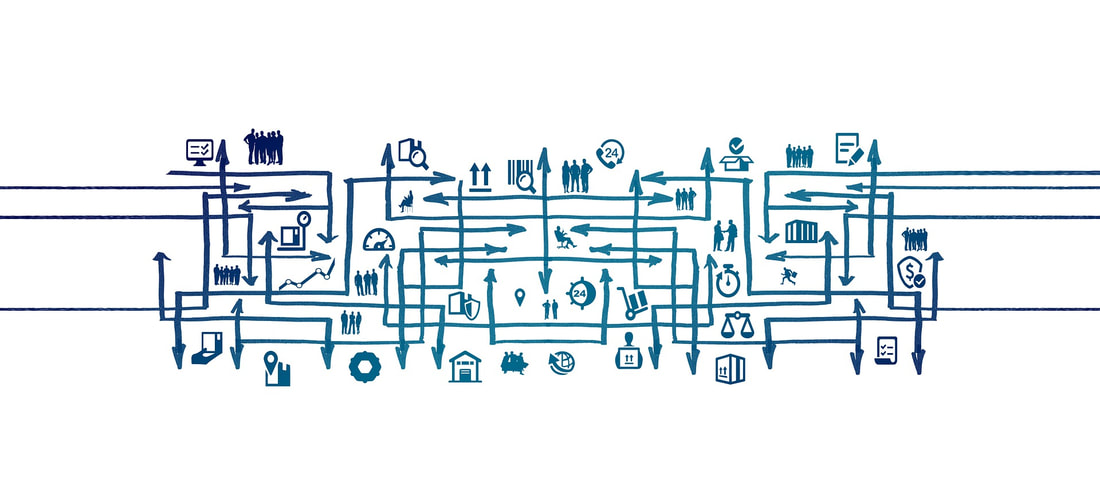
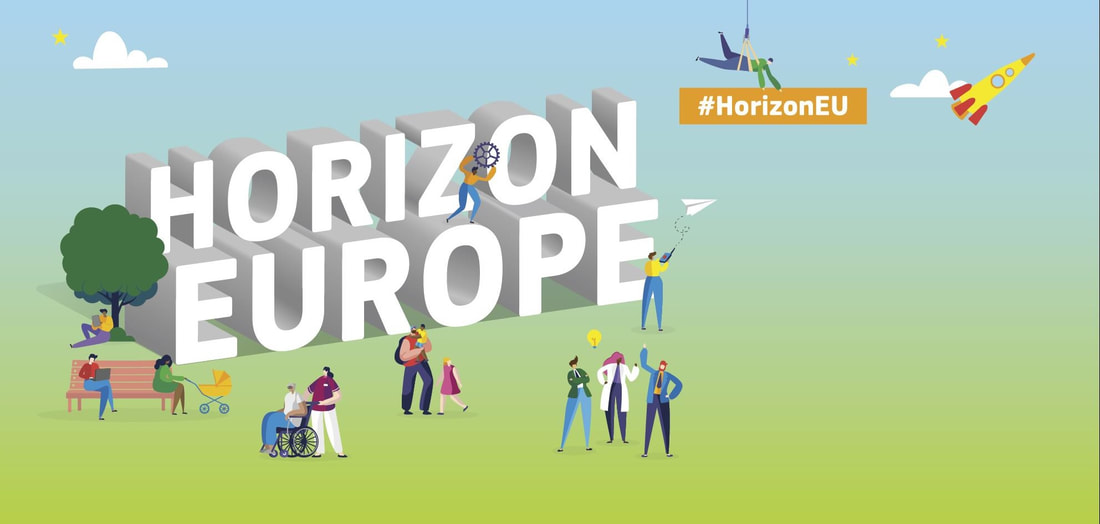
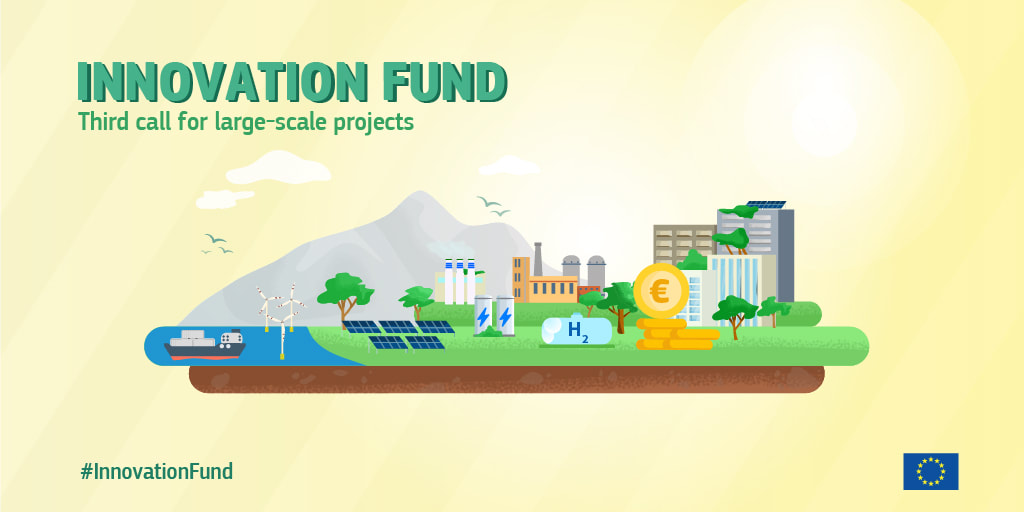


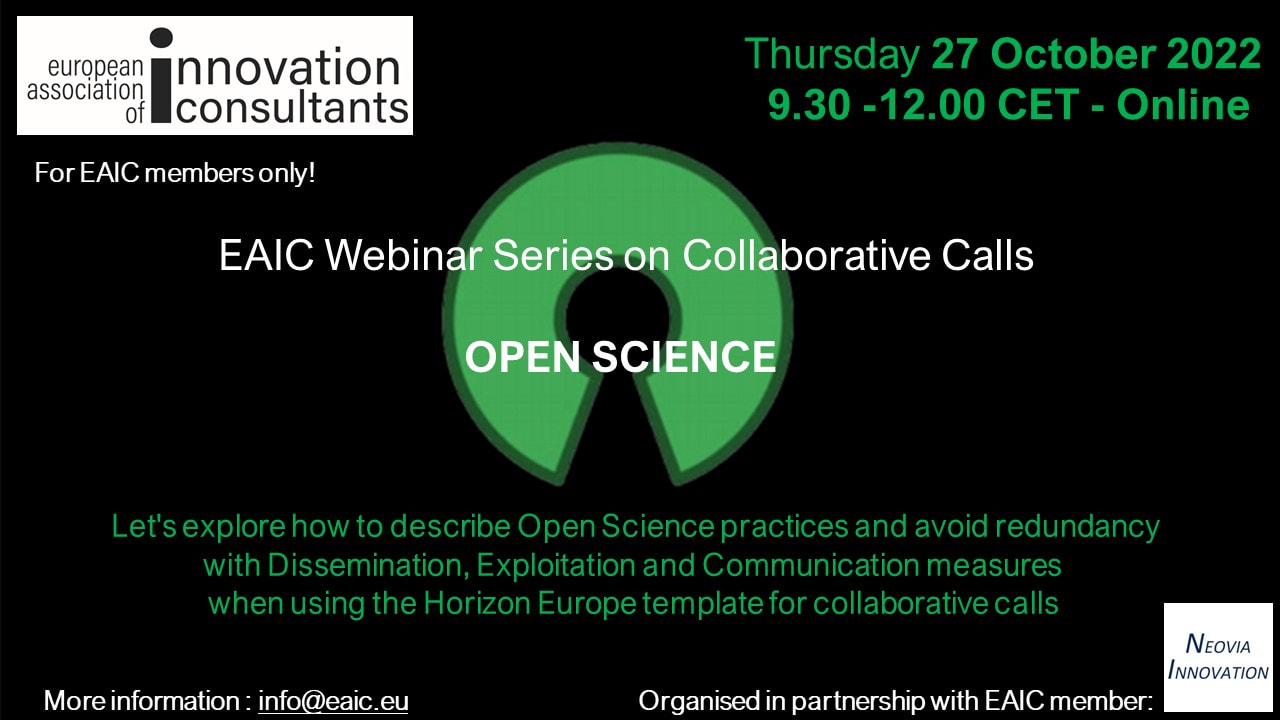
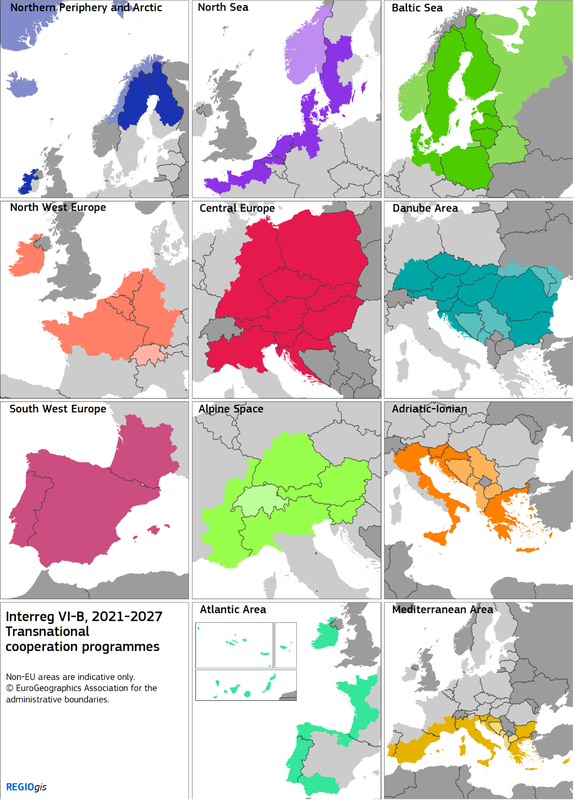
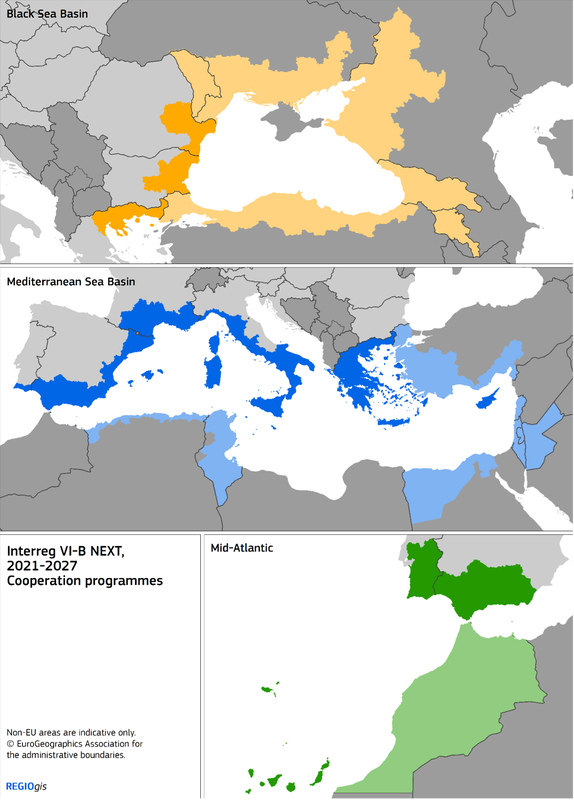
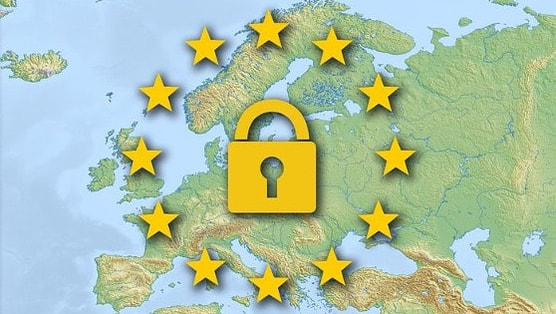
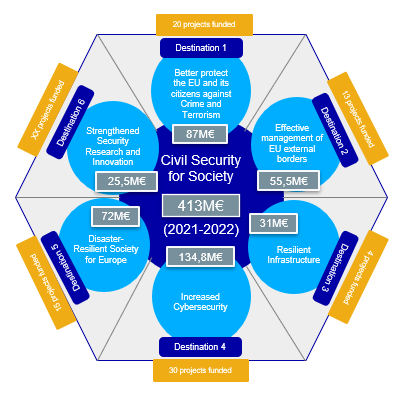
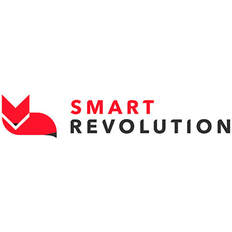
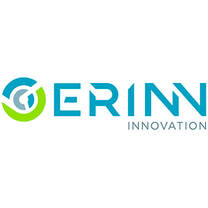
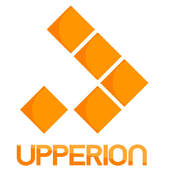

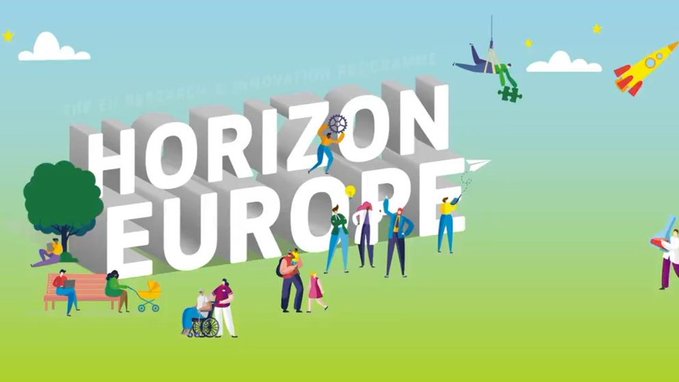

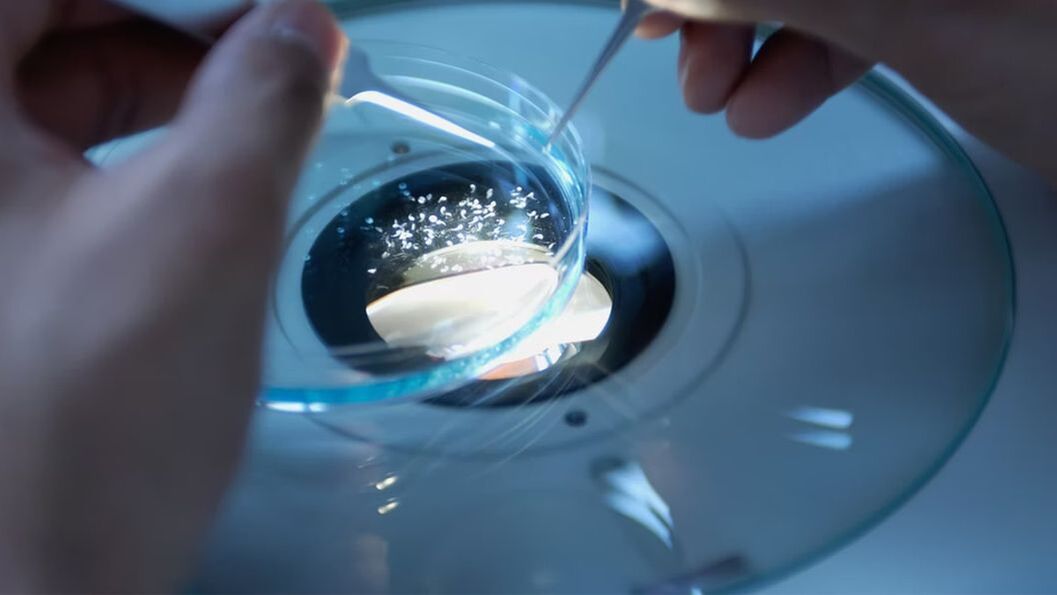

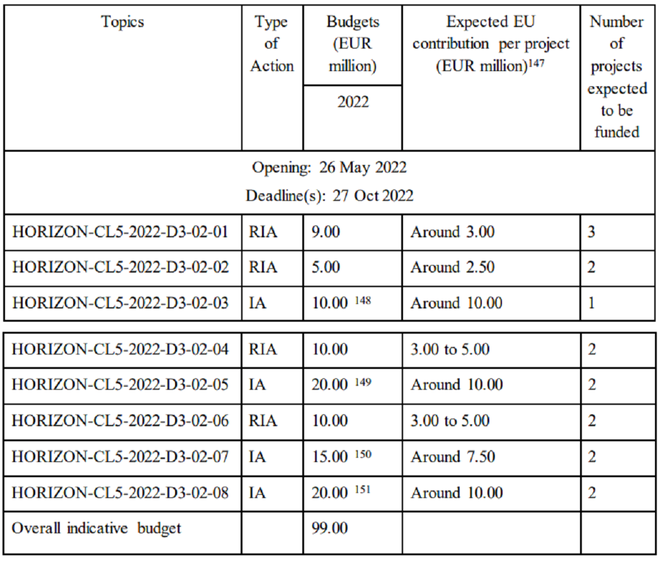
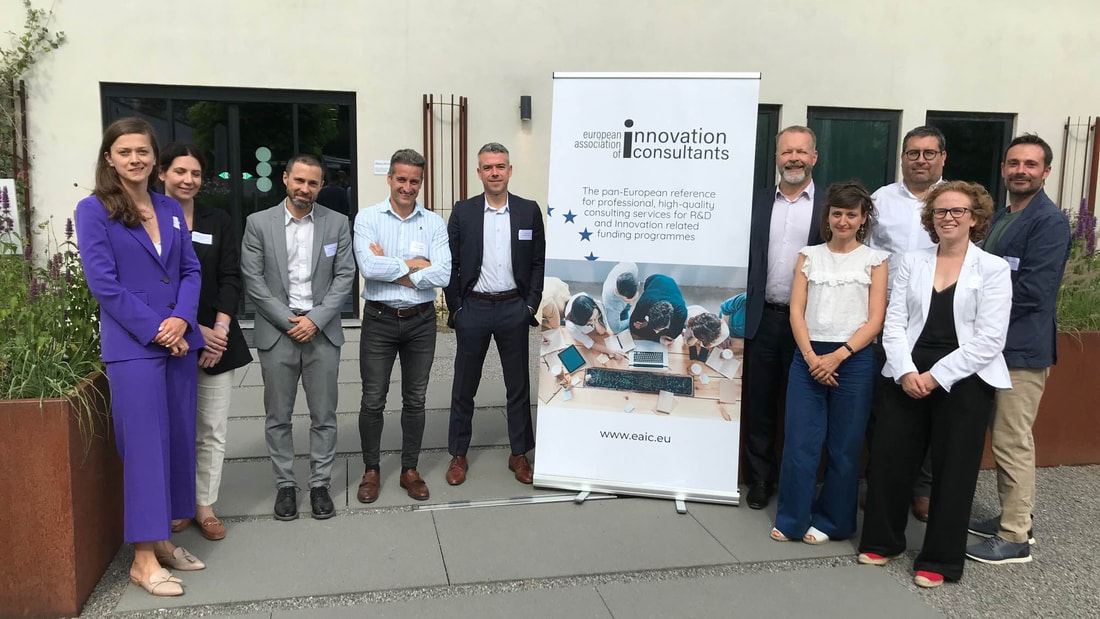
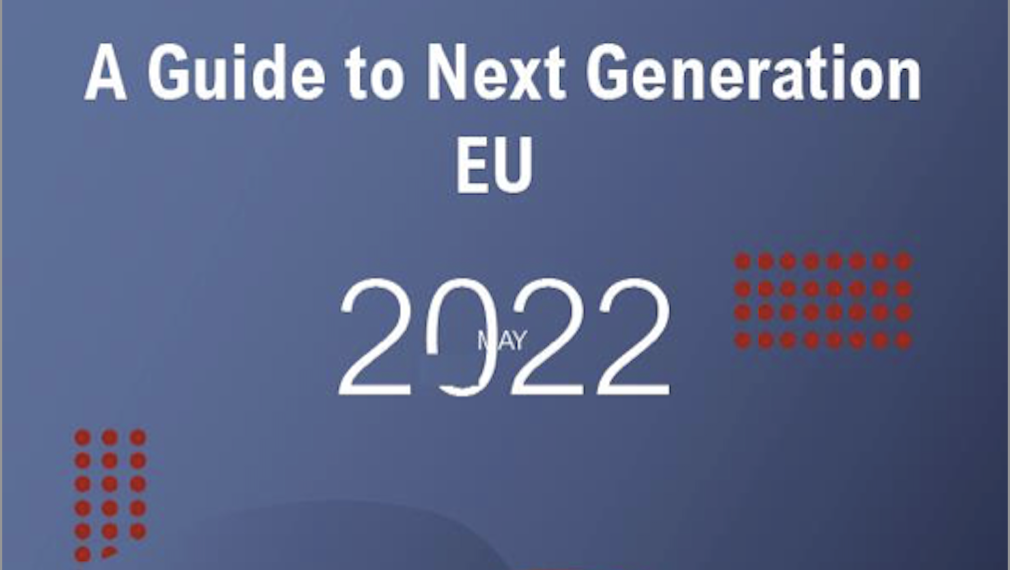
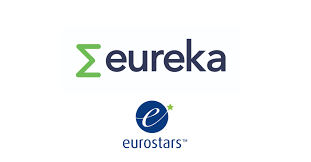
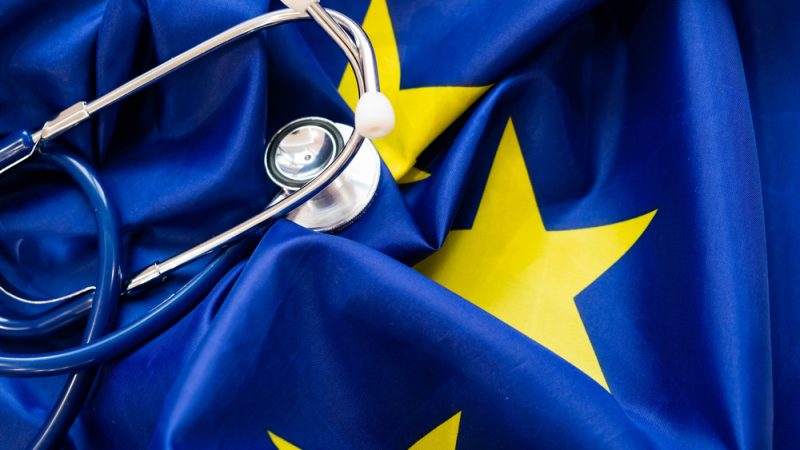
 RSS Feed
RSS Feed
